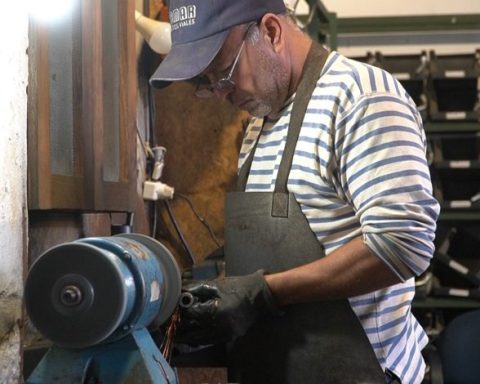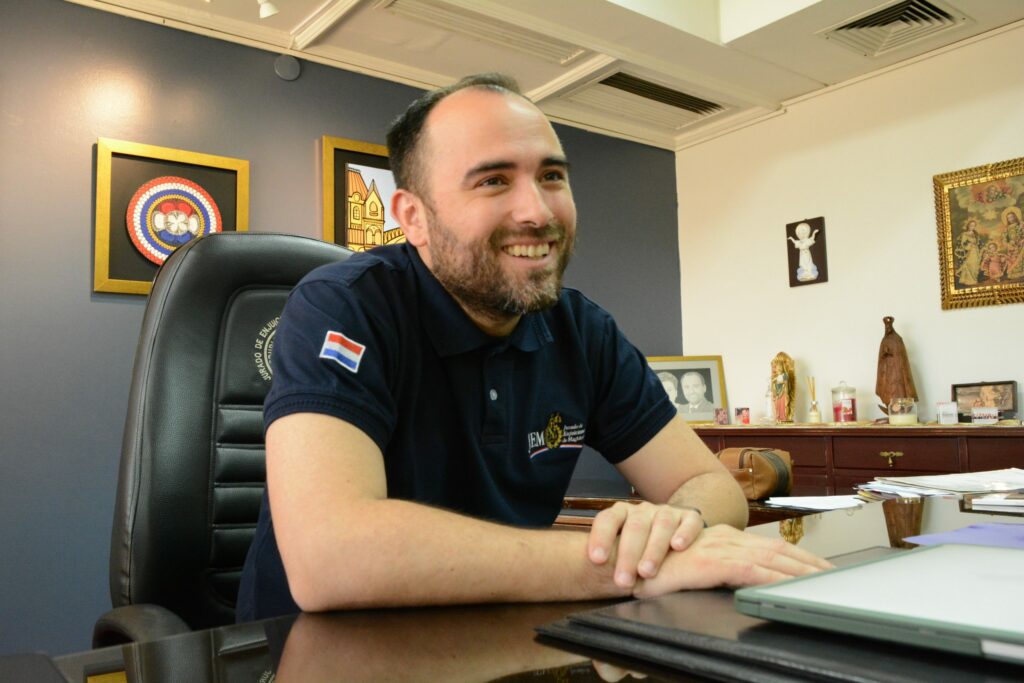National Women’s Institute presented fourth version
The National Institute for Women (Inmujeres) launched, yesterday Wednesday the 22nd, the fourth version of the Quality Model with Gender Equity. Through this certification promoted by the State, public and private organizations that develop, in their work environments, a quality management system with gender equality are recognized. Currently, some 14 public institutions comply with this regulation.
The presentation of the fourth version of the Quality Model with Gender Equity was attended by the Vice President of the Republic, Beatriz Argimón; the director of Inmujeres, Mónica Bottero; the head of the UN Women Program in Uruguay, Magdalena Furtado, and the president of the Organization of Business, Executive and Entrepreneurial Women of Uruguay, María Michelena.
With this certification, planned actions and procedures are proposed to transform work structures and the comprehensive management of organizations in a fair and equitable manner, as well as reduce gender gaps in the workplace.
The design of the model is inspired by the technical structure of international standards and is organized into four levels, in which the degree of demand increases as the activation process progresses. According to Inmujeres, commitment, improvement, implementation and sustainability are sought in each of the companies.
Likewise, it is ordered in axes, in which specific actions are proposed in gender equality, discrimination in the workplace, gender-based violence, selection and competence of personnel, and remuneration system.
On the occasion, Argimón pointed out that gender issues have become important, both in the public and private spheres. He also maintained that awareness has been created that, for a country to continue advancing in democratic terms, it is essential that rights are exercised. “The look must be both masculine and feminine in all orders of society,” he considered.
Bottero, meanwhile, stated that the business sector, especially the exporter, is demanding that this type of quality control be applied. He recalled that this certification model was presented in 2009 and that the Government decided to continue with this State policy, which was focused on public institutions.
In this sense, he reported that there are 14 certified public institutions and that the level of the UTE is two, which implies a greater commitment to the seal.


















